
October 16, 2015
Bulletin interne de l'Institut Pasteur

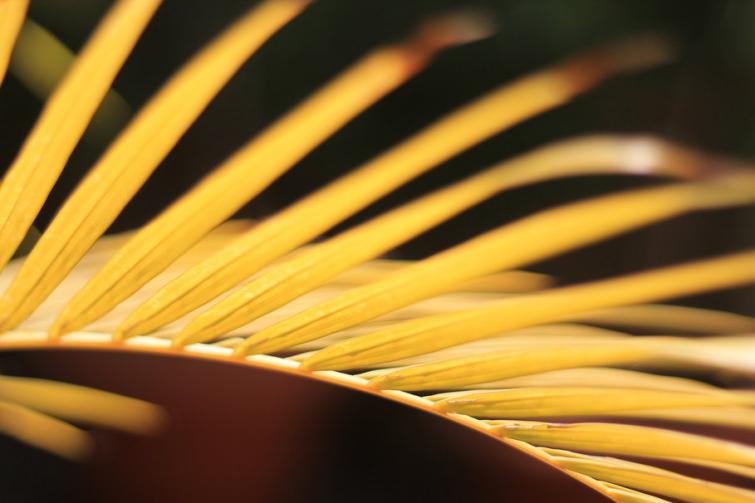
Institut Pasteur scientists rewarded
- Prize-giving ceremony for the 2015 French Academy of Sciences awards
 On Tuesday October 13, 2015, the French Academy of Sciences awarded 70 prizes and medals for 2015 at its first prize-giving ceremony. The second ceremony, to be held on Tuesday November 24, will complete the prize-giving lineup. This event highlights the outstanding success of scientists of all ages, backgrounds and disciplines.
On Tuesday October 13, 2015, the French Academy of Sciences awarded 70 prizes and medals for 2015 at its first prize-giving ceremony. The second ceremony, to be held on Tuesday November 24, will complete the prize-giving lineup. This event highlights the outstanding success of scientists of all ages, backgrounds and disciplines.
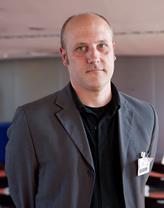
The ceremony on October 13 opened with the Academy of Sciences' Emile Jungfleisch Prize, and the biennial organic chemistry/biochemistry prize that recognizes the work of a scientist from a French lab and his or her team. The Academy of Sciences' Grand Prix was awarded to Pierre-Jean Corringer, head of the Channel Receptors Unit, for his findings on the functional architecture and "receptor channel » modulation in brain functions
.
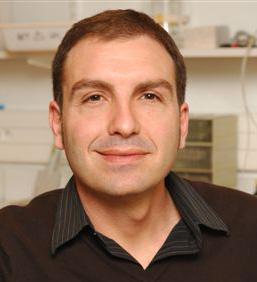
Also at the Academy of Sciences' Grands Prix ceremony, Lluis Quintana-Murci, head of the Human Evolutionary Genetics Unit, was awarded the 2015 Mergier-Bourdeix Prize for for his work on the genetic architecture of human populations, the manner in which infectious agents have exerted selection pressure on the human genome, and the relationship between genetic diversity and gene expression following infection
.
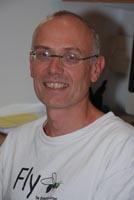
François Schweisguth, head of the Genetics of Drosophila Development Unit, was awarded the 2015 Charles-Léopold Mayer Prize for his work on the control of cell identity during development
.
- Félix Rey awarded the international Pasteur-Weizmann/Servier Prize
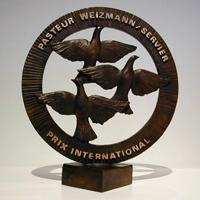 Every three years, the international Pasteur-Weizmann/Servier Award for biomedical research with a therapeutic aim is awarded to an outstanding internationally recognized researcher, scientist or physician for their major contribution to a biomedical discovery leading to a therapeutic application. The award aims to promote and encourage basic research, particularly the transition from laboratory research to medical therapy.
Every three years, the international Pasteur-Weizmann/Servier Award for biomedical research with a therapeutic aim is awarded to an outstanding internationally recognized researcher, scientist or physician for their major contribution to a biomedical discovery leading to a therapeutic application. The award aims to promote and encourage basic research, particularly the transition from laboratory research to medical therapy.
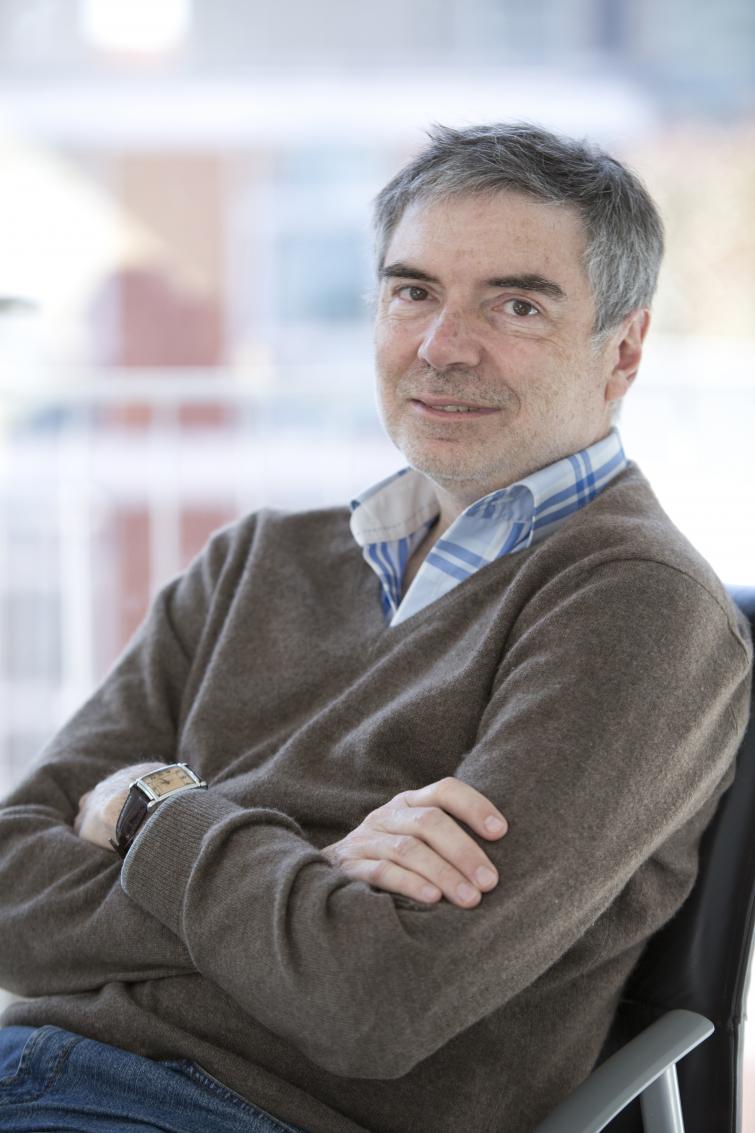
The 2015 Pasteur-Weizmann/Servier Award was presented to Professor Félix Rey, head of the Structural Virology Unit, for his work in the field of emerging pathogenic viruses on October 14 in Paris. It recognizes his achievement of remarkable progress that, in the future, will lead to improvements in the treatment and/or prevention of many emerging diseases plaguing our planet.
- 2015 L'Oréal-UNESCO For Women in Science French Fellowship Awards
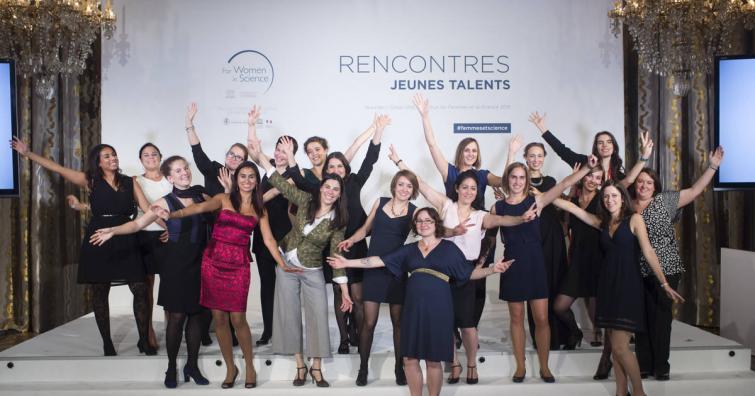
Since 2007, through the L'Oréal-UNESCO For Women in Science French Fellowship program, the L'Oréal Foundation, in partnership with the French Academy of Sciences and French National Commission for UNESCO, has been committed to recognizing today's outstanding women scientists, confronting prejudice and inspiring vocations.
On Wednesday September 30, at the Hôtel de Ville in Paris, more than 200 people gathered to shine the spotlight on 20 young researchers recognized by the L’Oréal-UNESCO For Women in Science program established by the L’Oréal Foundation.
The new revamped ceremony gave the winning 10 doctoral students and 10 postdoctoral fellows the opportunity to present their research to their peers with scientific posters.
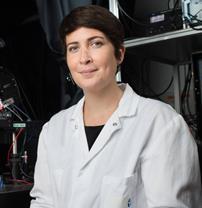
Among the laureates of the L’Oréal Foundation's L’Oréal-UNESCO For Women in Science program features Kiri Couchman, a postdoctoral fellow in the Dynamic Neuronal Imaging Unit. She is recognized for her work that aims to improve our understanding of nervous system function and malfunction.